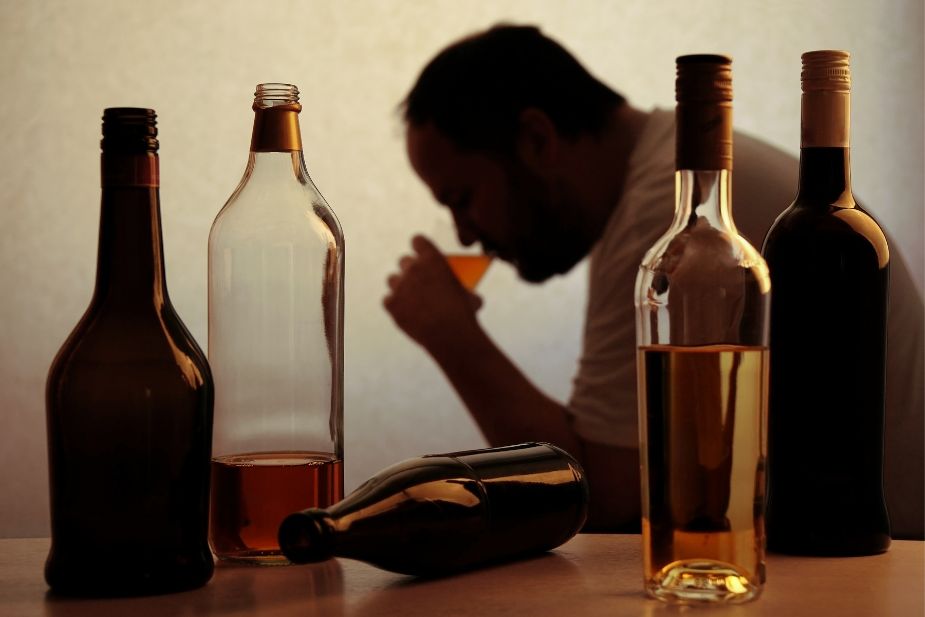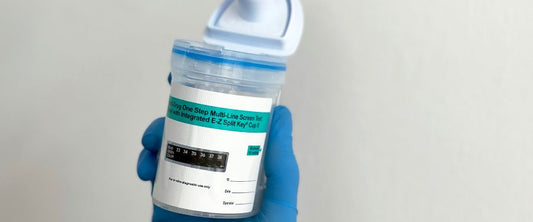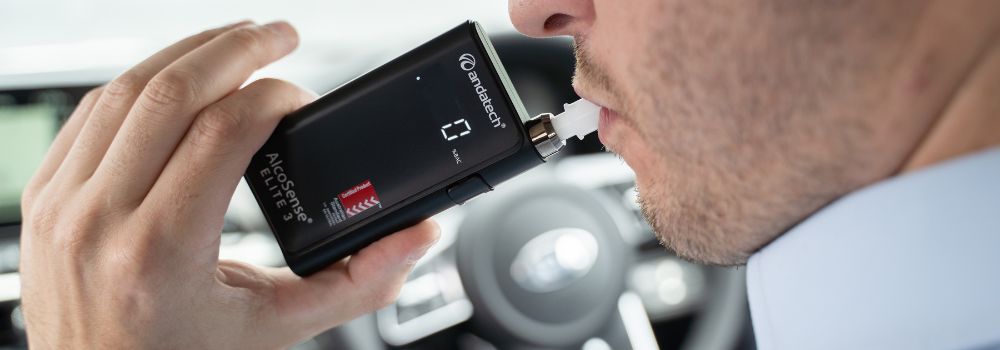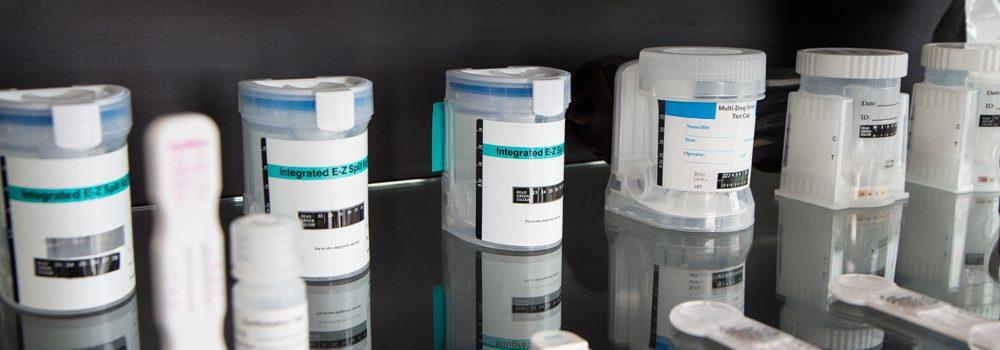Binge drinking effects are not only short term – its impact on our health can last for a lifetime as well. Understanding binge drinking and what it means is ever important today as alcohol has become a norm in society and our daily lives.
Everyone enjoys a drink once in a while. Whether you’re going to a party or just hanging out with friends, alcohol makes everything better. However, how bad is it once it turns into a habit? How much alcohol is considered ‘too much’ before it crosses the line into binge drinking?
WHAT IS BINGE DRINKING?
Binge drinking is defined as the rapid consumption of a high number of alcoholic beverages in a short period of time.
Usually, the alcohol concentration in their blood will rise to 0.08 %BAC when binge drinking. This behavior is defined differently for men and women.
For instance, in women, it takes place when a female drinks four or more drinks in one or two hours. For men, it is defined as having five or more drinks within two hours.
It is not a disorder, unlike alcohol use disorder. However, binge drinking increases the risk of developing alcohol abuse problems. Consequently, it could lead to various health issues.
BINGE DRINKING EFFECTS
Binge drinking becomes a problem because it could lead to serious alcoholism issues and, as a result, it can cause various health conditions.
A single night of binge drinking, especially at higher amounts, can lead to acute inflammation of the pancreas, stomach, or liver. Excessive alcohol consumption can also lead to long-term health problems on the heart, kidneys, lungs, and pancreas as well.
In the long term, alcohol increases the risk of several cancers, including cancer of the liver, mouth, and throat. Heavy, long-term alcohol use can lead to alcoholic liver disease, which includes inflammation of the liver and cirrhosis.
The most life-threatening effect of binge drinking is alcohol poisoning, which is when your blood alcohol concentration (BAC) is so high that it is considered to be toxic.
On average, your liver can only process one standard drink per hour, anything more than this will increase your BAC. The faster you drink, the higher your BAC will be, and the greater your chance of alcohol poisoning. Even if your stop drinking, your BAC will continue to rise as the alcohol in the stomach and intestines will continue to enter the bloodstream. This can happen even if someone is unconscious.
Alcohol depresses the nerves that control involuntary actions such as breathing and the gag reflex (to prevent choking). A fatal dose of alcohol will eventually cause these functions to shut down. Since alcohol is an irritant to the stomach, excessive vomiting is also common. If the person is unconscious, this could lead to death by asphyxiation.
Disclaimer: The information provided in this article is for general reference only. Please seek advice from professionals according to your business’s needs.
Written by Eugene Ng









